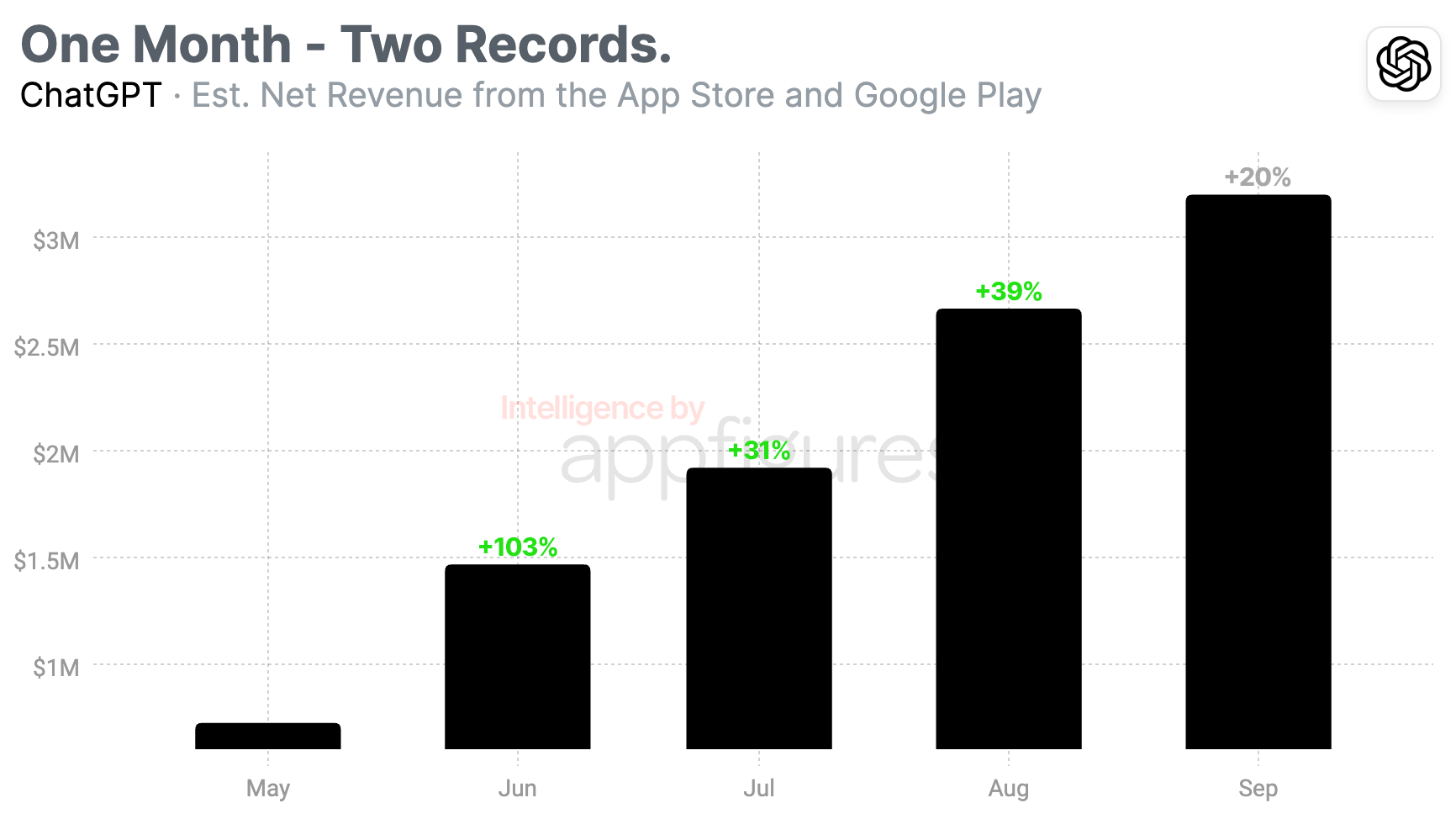Google has been accused of a nefarious conspiracy to alter search inquiries in order to enrich itself.
Wired Magazine recently released an article titled "How Google Alters Search Queries to Get at Your Wallet," in which it was stated that Google not only deletes queries but also replaces them with more profitable alternatives. However, Danny Sullivan, Google's Search Liaison, quickly reacted to these charges with an emphatic "we don't." Let's look into this strange instance and the subsequent online controversy.
According to the Wired story, Google engages in a covert operation that involves changing search queries billions of times every day. When you search for something harmless like "children's clothing," Google is said to discreetly turn it into a search for "NIKOLAI-brand kidswear." This surreptitious switcheroo happens behind the scenes, leaving you oblivious to the fact that your original query has been hijacked to generate more revenue for Google. And to make matters worse, you can't opt out of this cunning substitution. If you try to refine your search, you're merely spinning your wheels in this twisted shopping mall of deceit.
According to the story, it's unknown how long Google has been carrying out this maneuver, but it's clearly intelligent and ambitious. It's as if Google decided to take a page from the scammers' playbook and flip the script. Instead of bait and switch, they use "switch and believe." This magic trick, it appears, was only achievable once Google monopolized the search engine market, leading users to feel it's incomparably excellent just because they're used to it.
However,
Google's Search Liaison, Danny Sullivan, vigorously refuted these charges. He said that Google does not engage in such questionable techniques and that their ad systems have no effect on organic (non-sponsored) search results. Sullivan argued that the article fundamentally misunderstands how Google's keyword matching works in relation to relevant ads on the platform.
Google employs a well-established mechanism known as ad keyword matching, which connects advertisers with appropriate advertising based on specific keywords. According to Sullivan, this technique is distinct from the one used to match organic search results to user queries. Google Search goes beyond the words in a query to better understand its meaning, ensuring that consumers receive relevant organic results.
Ginny Marvin, the Ads Liaison, weighed in to stress that Google's ad systems do not interfere with organic search results, adding some comedic twists to the ongoing story. This remark, however, was regarded with skepticism and generated more questions than answers among Twitter users.
Some Twitter users, like
@bluearrayseo, scoffed at Google's claim that ads don't affect organic results, pointing out that the number and placement of ads can significantly impact organic results, especially for publishers' click-through rates and revenues. Others, such as @
MrRobzilla, questioned whether the type of search engine results page (SERP) features and ad units would vary dependent on how Google handles requests, implying that ad revenue targets may impact Google's decision-making.
@davidmelamed criticized Google's description of keyword matching "choices," pointing out that advertisers have little control over retrieval searches and Google's extension of targeting to optimize daily budget cap expenditure. He also mentioned the presence of dark patterns in organic searches, such as autosuggest and feature requests.
@5minutesnippets raised a more significant concern by referring to a mysterious email exchange within Google. The email allegedly revealed an employee's request to favor paid advertising over organic results, leading to a push to bury organic results further down the page. This revelation left many wondering about the outcomes of such internal discussions.
Meanwhile,
@ChrisYackulic urged Google to be more transparent, recommending that the search giant create its own version of the House Committee on Un-American Activities (HCU). According to Yackulic, Google's opaque procedures and rule-making have ruffled web businesses' feathers, resulting in continued scrutiny from regulatory authorities such as the Department of Justice.
Lastly,
@martinomosna pointed out that Google's claim about ad keyword matching contradicts their own broad match tool, giving a sarcastic tone to the Twitter conversation.
Finally, the internet discussion spurred by Wired's piece and Google's answer is far from ended. Google's transparency and ethics have been called into question following charges of query manipulation and revenue-driven judgments. As users continue to rely on Google for their search needs, they are left to wonder whether the search giant is working in their best interests or subtly pulling the strings to boost its own bottom line. Only time will tell how this unfolding drama will impact Google's reputation and the broader online ecosystem.
Read next:
The Not-So-Social Decline as Facebook and X Referral Traffic Takes a Tumble
by Rubah Usman via Digital Information World






